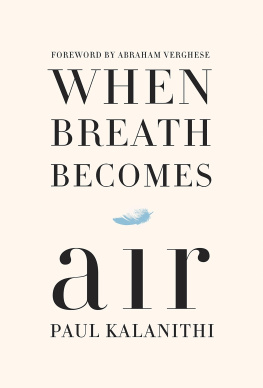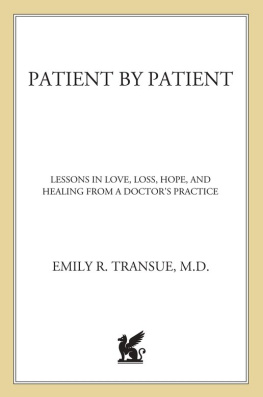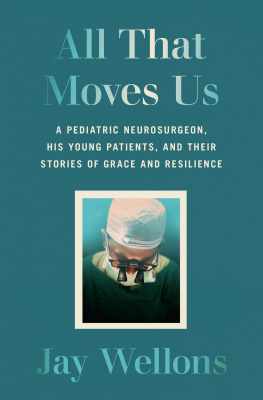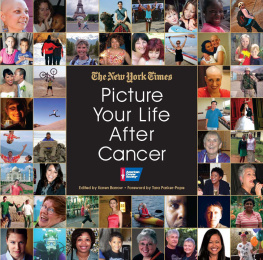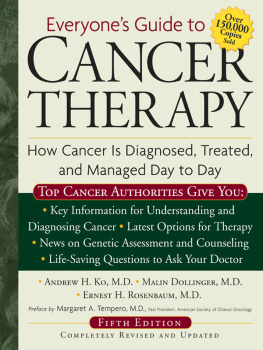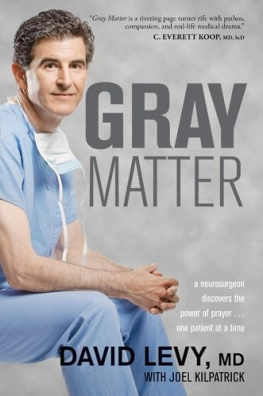Paul Kalanithi - When Breath Becomes Air
Here you can read online Paul Kalanithi - When Breath Becomes Air full text of the book (entire story) in english for free. Download pdf and epub, get meaning, cover and reviews about this ebook. year: 2016, publisher: Random House, genre: Detective and thriller. Description of the work, (preface) as well as reviews are available. Best literature library LitArk.com created for fans of good reading and offers a wide selection of genres:
Romance novel
Science fiction
Adventure
Detective
Science
History
Home and family
Prose
Art
Politics
Computer
Non-fiction
Religion
Business
Children
Humor
Choose a favorite category and find really read worthwhile books. Enjoy immersion in the world of imagination, feel the emotions of the characters or learn something new for yourself, make an fascinating discovery.
- Book:When Breath Becomes Air
- Author:
- Publisher:Random House
- Genre:
- Year:2016
- Rating:3 / 5
- Favourites:Add to favourites
- Your mark:
When Breath Becomes Air: summary, description and annotation
We offer to read an annotation, description, summary or preface (depends on what the author of the book "When Breath Becomes Air" wrote himself). If you haven't found the necessary information about the book — write in the comments, we will try to find it.
At the age of thirty-six, on the verge of completing a decades worth of training as a neurosurgeon, Paul Kalanithi was diagnosed with stage IV lung cancer. One day he was a doctor treating the dying, and the next he was a patient struggling to live. And just like that, the future he and his wife had imagined evaporated. When Breath Becomes Air chronicles Kalanithis transformation from a nave medical student possessed, as he wrote, by the question of what, given that all organisms die, makes a virtuous and meaningful life into a neurosurgeon at Stanford working in the brain, the most critical place for human identity, and finally into a patient and new father confronting his own mortality.
What makes life worth living in the face of death? What do you do when the future, no longer a ladder toward your goals in life, flattens out into a perpetual present? What does it mean to have a child, to nurture a new life as another fades away? These are some of the questions Kalanithi wrestles with in this profoundly moving, exquisitely observed memoir.
Paul Kalanithi died in March 2015, while working on this book, yet his words live on as a guide and a gift to us all. I began to realize that coming face to face with my own mortality, in a sense, had changed nothing and everything, he wrote. Seven words from Samuel Beckett began to repeat in my head: I cant go on. Ill go on. When Breath Becomes Air is an unforgettable, life-affirming reflection on the challenge of facing death and on the relationship between doctor and patient, from a brilliant writer who became both.
Praise for When Breath Becomes Air
I guarantee that finishing this book and then forgetting about it is simply not an option. . . . Part of this books tremendous impact comes from the obvious fact that its author was such a brilliant polymath. And part comes from the way he conveys what happened to himpassionately working and striving, deferring gratification, waiting to live, learning to dieso well. None of it is maudlin. Nothing is exaggerated. As he wrote to a friend: Its just tragic enough and just imaginable enough. And just important enough to be unmissable.Janet Maslin, The New York Times
An emotional investment well worth making: a moving and thoughtful memoir of family, medicine and literature. It is, despite its grim undertone, accidentally inspiring.The Washington Post
Possesses the gravity and wisdom of an ancient Greek tragedy . . . [Kalanithi] delivers his chronicle in austere, beautiful prose. The book brims with insightful reflections on mortality that are especially poignant coming from a trained physician familiar with what lies ahead.The Boston Globe
Devastating and spectacular . . . [Kalanithi] is so likeable, so relatable, and so humble, that you become immersed in his world and forget where its all heading.USA Today
Its [Kalanithis] unsentimental approach that makes When Breath Becomes Air so originaland so devastating. . . . Its only fault is that the book, like his life, ends much too early.Entertainment Weekly
[When Breath Becomes Air] split my head open with its beauty.Cheryl Strayed
Paul Kalanithi: author's other books
Who wrote When Breath Becomes Air? Find out the surname, the name of the author of the book and a list of all author's works by series.

